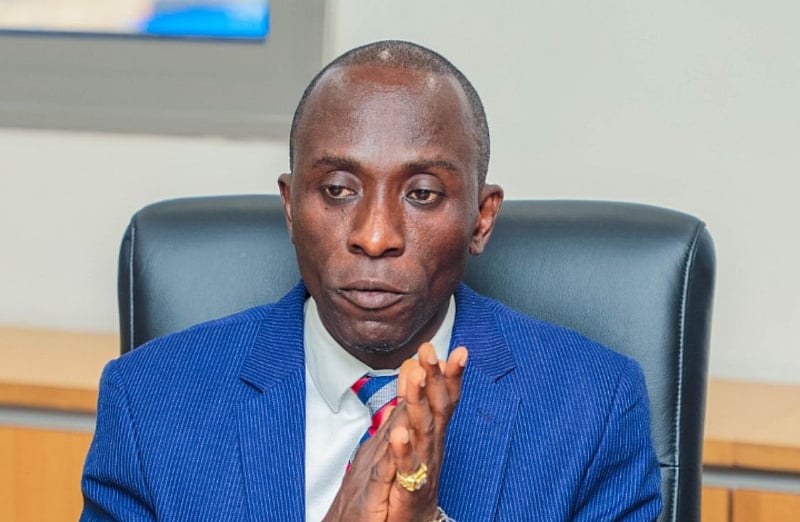The New Patriotic Party (NPP) in Ghana has initiated disciplinary action against Ernest Owusu Bempah, its Deputy Director of Communications, for publicly criticizing the party’s choice of presidential candidate for the 2024 general elections. This action follows a gag order issued in March by the party, prohibiting members from making public statements that could exacerbate internal divisions. Mr. Owusu Bempah’s comments, made on social media and in a televised interview, directly contravened this directive, prompting the party’s General Secretary, Justin Frimpong Koduah, to refer the matter to the National Disciplinary Committee. The core of Mr. Owusu Bempah’s critique revolves around the assertion that the NPP’s selection of Dr. Mahamudu Bawumia as its presidential candidate was a strategic misstep that significantly contributed to the party’s resounding defeat.
The backdrop to this internal conflict is the NPP’s substantial loss in the 2024 general elections to the National Democratic Congress (NDC), led by John Dramani Mahama. The NPP suffered a significant decline in both the presidential and parliamentary races. Dr. Bawumia lost to Mr. Mahama by a considerable margin of over 1.7 million votes. In the parliamentary elections, the NPP saw its representation shrink from 137 seats to a mere 88, a loss of nearly 50 seats, handing the NDC a near two-thirds majority. This drastic shift in political power underscores the gravity of the NPP’s electoral defeat and the subsequent soul-searching within the party.
Mr. Owusu Bempah’s public pronouncements have ignited further controversy within the already embattled NPP. He contends that the party’s choice of Dr. Bawumia alienated a considerable segment of the party’s base, leading to either voter apathy or outright defection to the NDC. He cited anecdotal evidence, referencing conversations with party members who confessed to voting against the NPP due to their dissatisfaction with the chosen candidate. He also pointed to the high number of registered voters who abstained from participating in the election, suggesting that this significant voter apathy was a direct consequence of the dissatisfaction with Dr. Bawumia’s candidacy. Mr. Owusu Bempah’s claims, while anecdotal, tap into the underlying anxieties and post-election analysis within the NPP regarding the reasons for their significant loss.
The NPP’s decision to refer Mr. Owusu Bempah to the Disciplinary Committee reflects the party’s attempt to maintain internal cohesion and control the narrative surrounding its electoral defeat. The gag order issued in March was intended to prevent public airing of internal disagreements and to project a unified front. Mr. Owusu Bempah’s actions, however, directly challenge this strategy, bringing the party’s internal divisions into the public sphere. The disciplinary proceedings will likely focus on whether his comments constitute a breach of party discipline and what consequences, if any, he should face.
This incident highlights the delicate balance political parties must strike between allowing open discussion and debate, and maintaining a semblance of unity, especially in the aftermath of a significant electoral setback. While suppressing dissent can create a façade of unity, it can also stifle crucial internal dialogue needed for reflection and reform. Conversely, uncontrolled public criticism can further exacerbate existing divisions and damage the party’s image. The NPP’s handling of the Owusu Bempah situation will be a critical test of its ability to navigate this complex dynamic.
The outcome of the disciplinary proceedings against Mr. Owusu Bempah will be closely watched, both within the NPP and by the wider Ghanaian political landscape. The case represents a microcosm of the larger challenges facing the NPP as it grapples with the fallout of its electoral defeat. The party must address the underlying issues that led to its loss while simultaneously managing internal dissent and charting a path forward. How the NPP handles this situation will likely have significant implications for its ability to regroup, rebuild, and regain the trust of the electorate in future elections.














